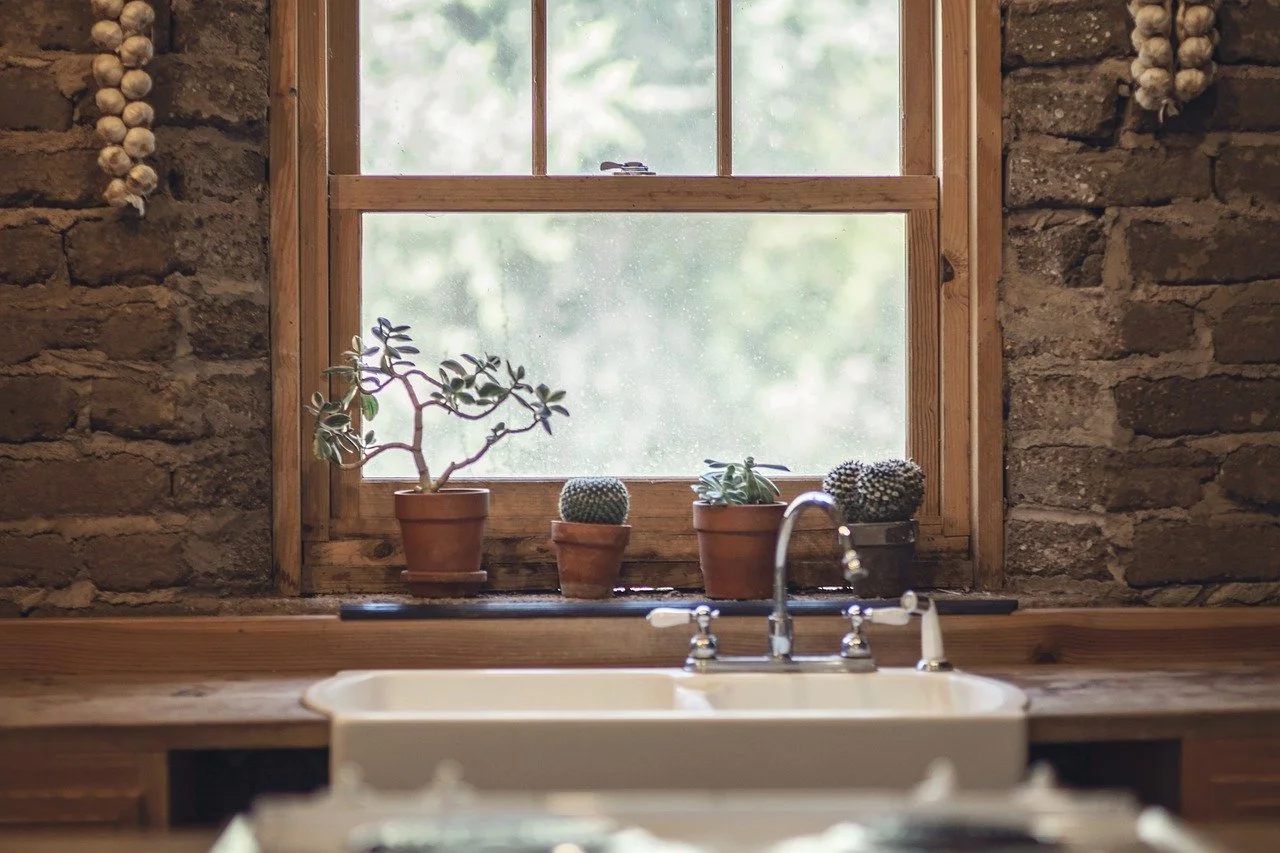Knowing how to talk about your daily routine is really important when learning a new language. Once you know how to talk about what you do every day, you can start having real conversations. It also helps you understand how people live and what’s important to them. Plus, practicing daily routines helps you remember words and grammar better because you're using them in a practical way.
So, without further delay, let’s get started! 😊
Basic Vocabulary
Before diving into sentences and phrases, let’s learn some essential vocabulary related to daily routines.
Svegliarsi – To wake up
Alzarsi – To get up
Lavarsi i denti – To brush teeth
Fare la doccia – To take a shower
Farsi il bagno – To have a bath
Prepararsi – To get ready
Vestirsi – To get dressed
Pettinarsi – To comb your hair
Fare colazione – To have breakfast
Andare a scuola/lavoro – To go to school/work
Lavorare - To work
Studiare - To study
Tornare a casa - To come back home
Pranzare - To have lunch
Fare i compiti - Do homework
Preparare la cena - To prepare dinner
Cenare - Have dinner
Guardare la TV - Watch TV
Riposarsi – To rest
Spogliarsi – To get undressed
Cambiarsi – To get changed
Fare il letto - To make the bed
Andare a letto - To go to bed
Addormentarsi – To fall asleep
Talking about Daily Routines
By knowing how to talk about your routine, you not only improve your Italian skills but also gain insights into Italian culture and lifestyle.
Let’s see some practical examples you can use when describing your daily activities.
Mi sveglio alle sette - I wake up at seven.
Di solito mi sveglio alle (time) - I usually wake up at (time).
Mi alzo - I get up.
Mi alzo e vado in bagno – I get up and go to the bathroom.
Faccio colazione - I have breakfast.
Faccio colazione verso le otto – I have breakfast around eight o’clock.
Dopo la colazione mi lavo i denti – After breakfast I brush my teeth.
Vado al lavoro/a scuola - I go to work/to school.
Vado al lavoro alle nove e lavoro fino alle cinque del pomeriggio - I go to work at nine and work until five in the afternoon.
Torno a casa - I come back home.
Torno a casa verso le sei e preparo la cena - I come back home around six and prepare dinner.
Faccio la cena - I have dinner.
Mi piace leggere dopo cena - I like to read after dinner.
Vado a letto - I go to bed.
Mi addormento verso le undici - I fall asleep around eleven.
More useful examples:
Cosa fai di solito dopo il lavoro? - What do you usually do after work?
Che cosa fai durante il fine settimana? - What do you do during the weekend?
A volte esco con gli amici, altre volte resto a casa e guardo films - Sometimes I go out with friends, other times I stay home and watch movies.
Durante il fine settimana, vado al mercato per fare la spesa - During the weekend, I go to the market to do the grocery shopping.
A volte faccio una passeggiata nel parco - Sometimes I go for a walk in the park.
Il sabato sera, esco con gli amici per una cena fuori - On Saturday evenings, I go out with friends for dinner.
Durante il fine settimana, vado in montagna per fare escursioni - During the weekend, I go to the mountains for hikes.
Talking About Frequency
You might want to express how often you do certain activities.
Here are some helpful phrases:
Di solito – Usually
Di solito faccio colazione alle otto – Usually I have breakfast at eight.
Tutti i giorni/ogni giorno - Every day
Studio italiano ogni giorno - I study Italian every day.
A volte – Sometimes
A volte vado al ristorante con gli amici - Sometimes I go to the restaurant with friends.
Spesso – Often
Spesso leggo un libro prima di andare a dormire - I often read a book before going to sleep.
Raramente – Rarely
Raramente guardo la televisione, preferisco leggere - I rarely watch TV, I prefer reading.
Mai - Never
Non vado mai al lavoro in bicicletta - I never go to work by bike.
Due/tre volte alla settimana – Two/three times a week
Vado in palestra due volte alla settimana - I go to the gym two times a week.
Faccio jogging tre volte alla settimana - I go jogging three times a week.
Understanding how to talk about daily routines in Italian is like having a key to unlock everyday conversations. It helps you connect with others, whether chatting with friends or meeting new people.
It's a great way to learn the language and practice useful phrases that you can use every day.
So, don't be afraid to start practicing.
Happy learning!










